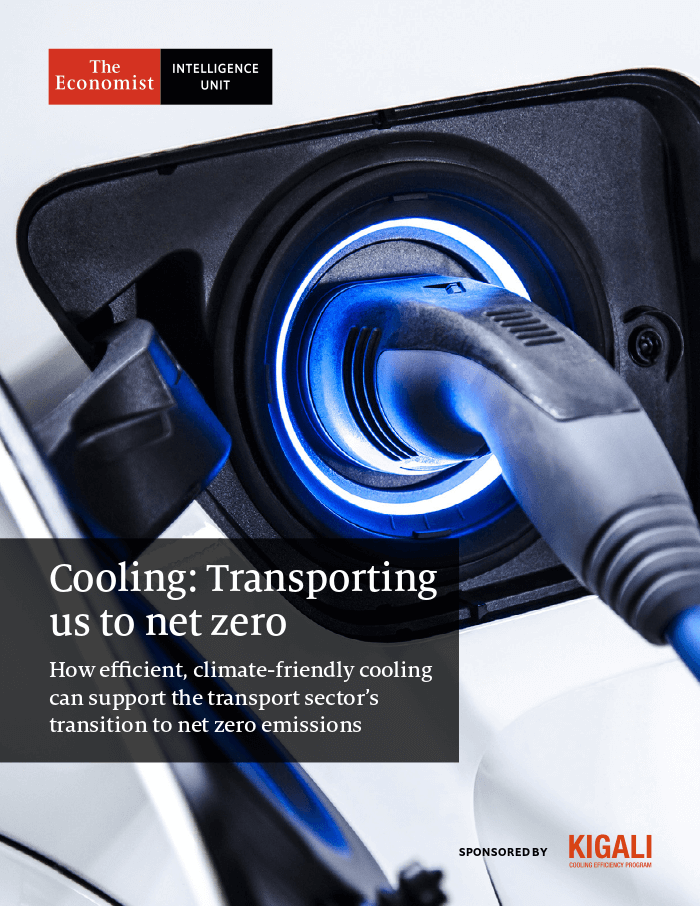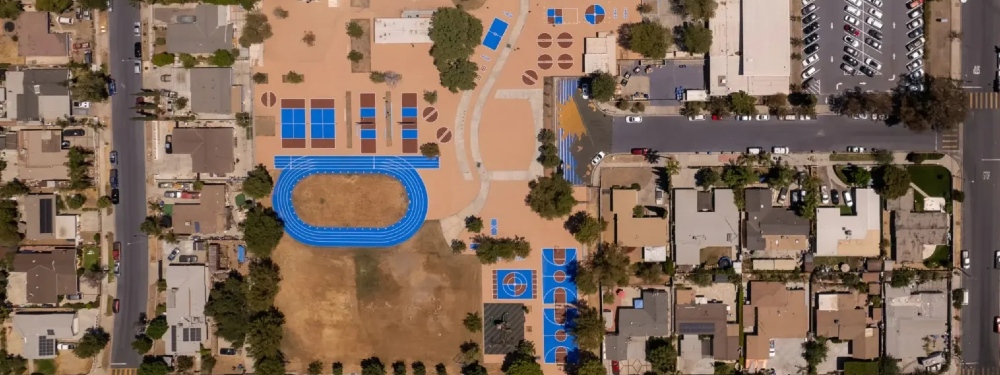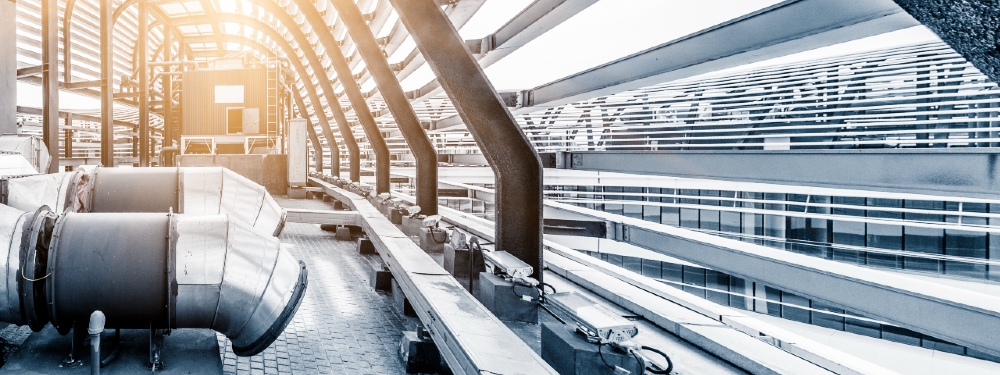New Report: Efficient cooling in EVs can extend driving range, reduce operating costs, and cut emissions.
New Report: Efficient cooling in EVs can extend driving range, reduce operating costs, and cut emissions.
Cooling: Transporting us to Net Zero
How efficient, climate-friendly cooling can support the transport sector’s transition to net zero emissions.
In 2018, the IPCC announced that to limit global warming to 1.5°C, global CO2 emissions would need to fall by about 45% from 2010 levels by 2030, and reach ‘net zero’ by around 2050. In practice, this would require all sectors to shift away from fossil fuels while also removing CO2 from the atmosphere.
For the transport sector, most emissions reductions will likely come from on-road passenger transport, which is easier to decarbonize than aircraft and freight ships. If the electricity that charges an electric vehicle (EV) is generated from renewables, driving a fully electric vehicle would produce no emissions post-manufacturing. But concerns over cost, range, and charging infrastructure are preventing mass uptake by consumers. At the core of the problem lies the vehicle’s battery and its range.
According to a new report from the Economist Intelligence Unit (EIU) – Cooling: Transporting us to Net Zero – more efficient cooling can extend the driving range of electric cars and trucks by 38% and reduce operating costs by 28%. It is estimated that these cost savings could drive a 7% uptick in EV sales. The research also points out that further improvements can be realized with the use of passive cooling measures such as smarter design and insulation.
In China, efficient cooling in EVs has the potential to cut emissions by 58MtCO2 over the next decade. Of the emissions that could be avoided in China, 72% would have been from coal-fired generation, 22% from oil, and 5% from gas.
“The transition to EVs can offer consumers an intelligent, stylish, and climate-friendly driving experience, but it also needs to be comfortable and convenient,” says K-CEP Non-Executive Director, Dan Hamza-Goodacre. “This EIU report shines a light, for the first time, on the role that efficient cooling can play in extending EV range and reducing costs while keeping passengers and cargo cool. The climate also wins. I hope the automotive industry can act on the findings, and that MPG and range testing regimes can improve to include and be transparent about ancillary energy uses such as cooling. Consumers and the climate will benefit even more if so.”
While efficient cooling alone cannot meet the transport industry’s zero-emissions targets, it will be a critical component of the path to net zero. In addition to quantifying the benefits of efficient cooling in EVs, the report outlines priority actions required to ensure that the contribution of efficient cooling to increasing EV uptake and speeding up the race to net zero can be realized.
The full report is available here.



